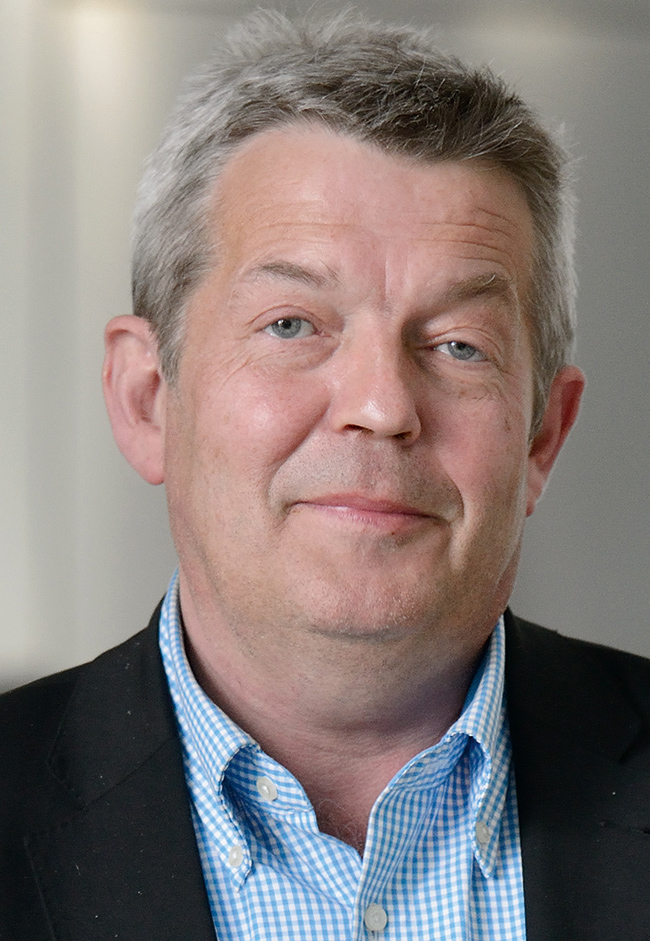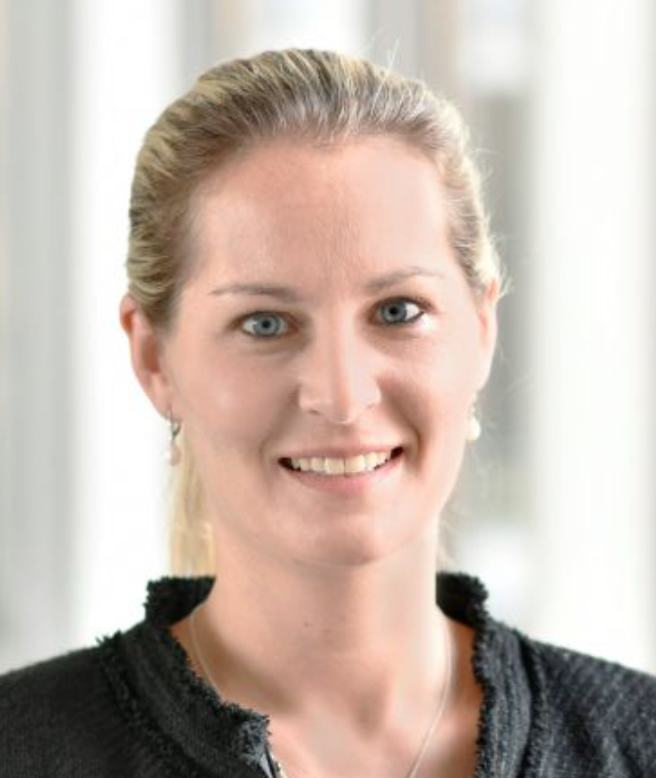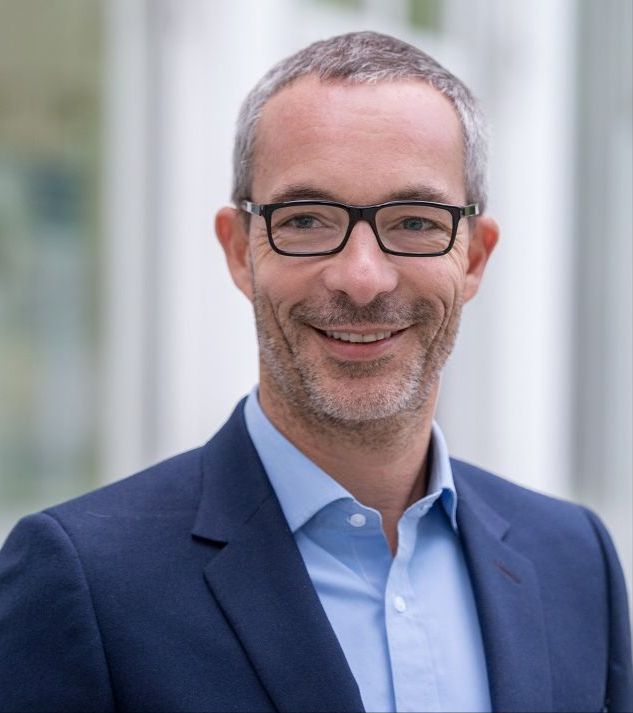Tübingen
Tübingen´s main translational focus in the DKTK network comprises cancer immunotherapy, including the development of peptide and RNA vaccines, and optimized formats for therapeutic antibodies against different types of cancer. In addition, adoptive cell transfer and oncolytic virotherapies complement the program. The development of vaccines against multiple antigens overexpressed or mutated in tumors resulted in first clinical proof-of-concept (POC) trials.
Prerequisite for this was to explore the HLA ligandomics landscape and mutagenome by combining mass spectrometry, NGS, RNAseq with immunomonitoring, biomarkers and novel bioinformatics analyses; all these systems will be expanded to act as new key technologies within the DKTK. In addition, novel immunomodulatory agents in combination with peptide vaccination are being examined.
In the past two decades, humanized, second generation monoclonal antibodies fulfilled the promise of an effective cancer immunotherapy, at least in part. Recently it became obvious that this success will soon be surpassed by third generation reagents, such as checkpoint inhibitors, CAR T cells and bispecific antibodies. Common theme of these therapeutic modalities is the recruitment of T cells against cancer cells. In Tübingen long standing experience in the development of genetically engineered third generation antibodies exists, including the implementation of the translational process for these reagents from bench to bedside. So far, several novel, genetically improved antitumor antibodies for the treatment of acute myeloid leukemia (AML) and acute lymphocytic leukemia (ALL) have been developed. They were applied on a compassionate need basis to 8 and 24 patients, respectively. The respective protocols for clinical phase I/II studies, based on these clinical data, have been submitted to the regulatory authorities and clinical studies are scheduled to start in 2016. In the upcoming DKTK funding period, antibody developmental work will focus on further optimized bi- and trispecific reagents and fusion proteins that target solid tumors and contain checkpoint modulating antibodies.
Three spin-off companies (immatics, CureVac and Synimmune), with more than 300 employees, support the activities in immunotherapy. The unique academic Good Manufacturing Practice (GMP) Center at the University Hospital has obtained the license to produce novel antibodies and peptides as pharmaceutical drugs. In addition, oncolytic virotherapies strengthen the immunotherapy program onsite.
Linked to the program “Cancer Immunotherapy”, functional genomics, drug development and molecular imaging represent emerging pillars of Tübingen’s translational research, contributing to improved cancer diagnosis and treatment. In 2014, the new Werner Siemens Imaging Center was inaugurated in Tübingen. In-house development of PET/MR technology and development of new GMP radiotracers characterize the unique local imaging infrastructure for innovative translational research.
Institutions
Spokesperson & Deputy Tübingen

Prof. Dr. Klaus Schulze-Osthoff

